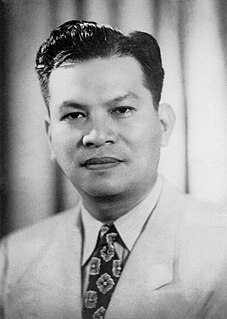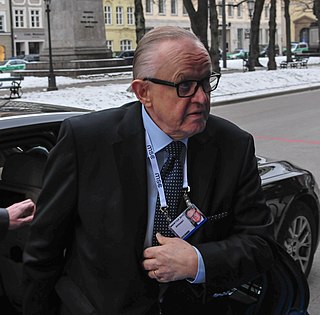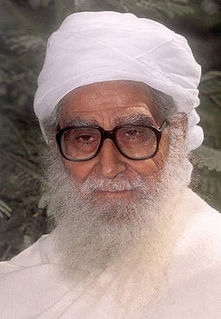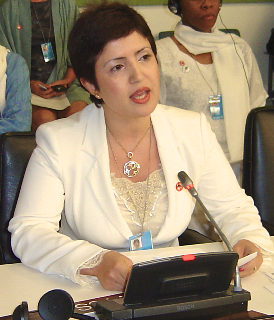A Quote by Ramon Magsaysay
Between our way of life and communism there can be no peace, no paralyzing coexistence, no gray neutralism. There can only be conflict-total and without reconciliation.
Related Quotes
Without inner peace, outer peace is impossible. We all wish for world peace, but world peace will never be acheived unless we first establish peace within our own minds. We can send so-called 'peacekeeping forces' into areas of conflict, but peace cannot be oppossed from the outside with guns. Only by creating peace within our own mind and helping others to do the same can we hope to achieve peace in this world.
There is no peace in Southern Africa. There is no peace because there is no justice. There can be no real peace and security until there be first justice enjoyed by all the inhabitants of that beautiful land. The Bible knows nothing about peace without justice, for that would be crying "peace, peace, where there is no peace". God's Shalom, peace, involves inevitably righteousness, justice, wholeness, fullness of life, participation in decision-making, goodness, laughter, joy, compassion, sharing and reconciliation.
Life, as we all know, is conflict, and man, being part of life, is himself an expression of conflict. If he recognizes the fact and accepts it, he is apt, despite the conflict, to know peace and to enjoy it. But to arrive at this end, which is only a beginning (for we haven’t begun to live yet!), a man has got to learn the doctrine of acceptance, that is, of unconditional surrender, which is love.
Non-violence means dialogue, using our language, the human language. Dialogue means compromise; respecting each other’s rights; in the spirit of reconciliation there is a real solution to conflict and disagreement. There is no hundred percent winner, no hundred percent loser—not that way but half-and-half. That is the practical way, the only way.


































